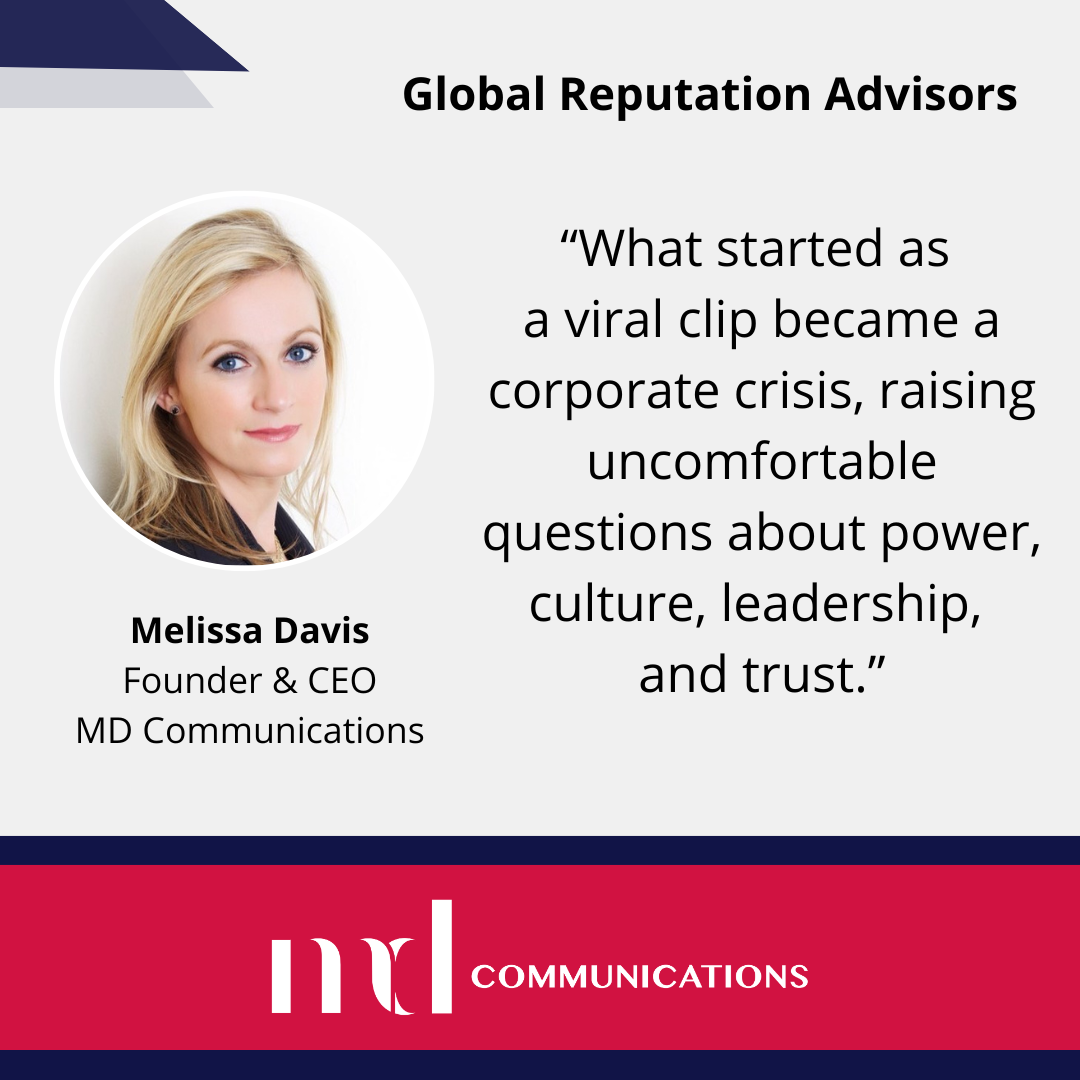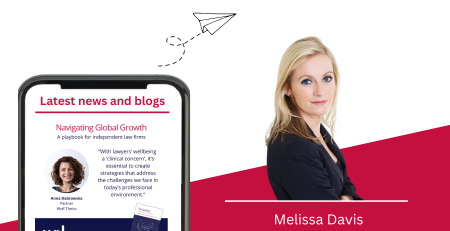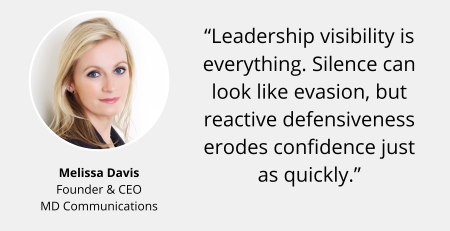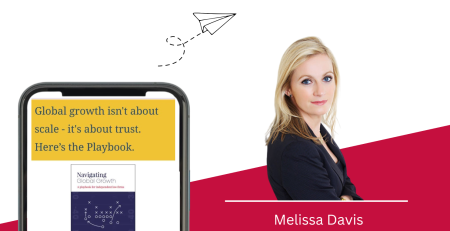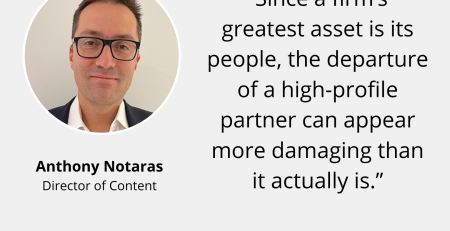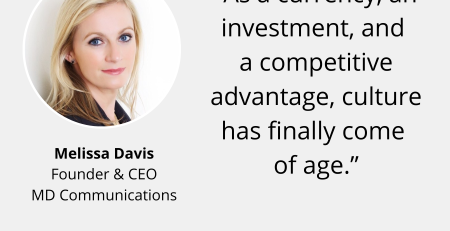Our CEO Melissa Davis explores how the the recent furore arising from that kiss cam at the Coldplay concert provides useful lessons for PR professionals.
“Crisis PR lessons from a Coldplay concert” isn’t something I ever thought I’d write. But here we are.
Two people caught on the kiss cam, sharing what looked like a romantic moment during a Coldplay gig in the US. Within hours, online sleuths worked out they were married, but not to each other, but they did work together… and not just any colleagues. The CEO and the Global Head of HR.
The video went viral and so did the story. Over 22,000 news stories mentioned the company and 9,000 named the CEO in the first 24 hours. And while the company is headquartered in the US, the media frenzy exploded here in the UK.
What started as a viral clip put two individual reputations on the line, but it didn’t stop there. Within hours, it became a corporate crisis, raising uncomfortable questions about power, culture, leadership, and trust.
So in crisis PR terms did the company act quickly enough?
It took nearly 48 hours for them to issue a holding statement – confirming that appropriate internal processes had been followed. It was calm, careful and measured but the delay meant that by the time it landed, the damage was already done. Employees were confused. The headlines kept coming.
And that’s the point: This wasn’t a celebrity scandal. It was a textbook example of how personal moments can ignite corporate crises – especially in a world where every bystander is a broadcaster.
Over the past 20 years, I’ve advised law firms and their clients through similar storms and one thing is clear: speed matters. Silence gets filled fast – with speculation, misinformation, and assumptions, and in this case many memes and fake statements.
Reminders on dealing with a crisis
1. Speed matters. Issuing a 48‑hour holding statement is fast by corporate norms but in the digital age, it’s not fast enough. A delayed reaction leaves space for speculation, headlines, and many memes.
2. Leadership transitions are pivotal. The swift resignation of the CEO and appointment of an interim leader signalled accountability but there will be many more questions about the organisation’s internal culture and governance.
3. UK media attention reflects a globalised risk landscape. If your company is headquartered in the US but does business or hires in the UK (Astronomer has a London office), expect UK tabloids, business papers, and social media to react as if it were local and the UK media can be brutal in a crisis.
4. Reputation recovery is a marathon. The story will fade. The memes will quieten. But internal trust, investor confidence, and the employer brand piece will take far longer to rebuild.
5. Leadership is always under the lens. The higher the role, the higher the stakes. Whether you’re in the courtroom, the boardroom, or Row 12 of a stadium.
Reputation isn’t just what happens when things go wrong. It’s how quickly and credibly you respond when they do. The Coldplay clip was a moment. The fallout? A masterclass in why crisis preparation shouldn’t be an afterthought.


